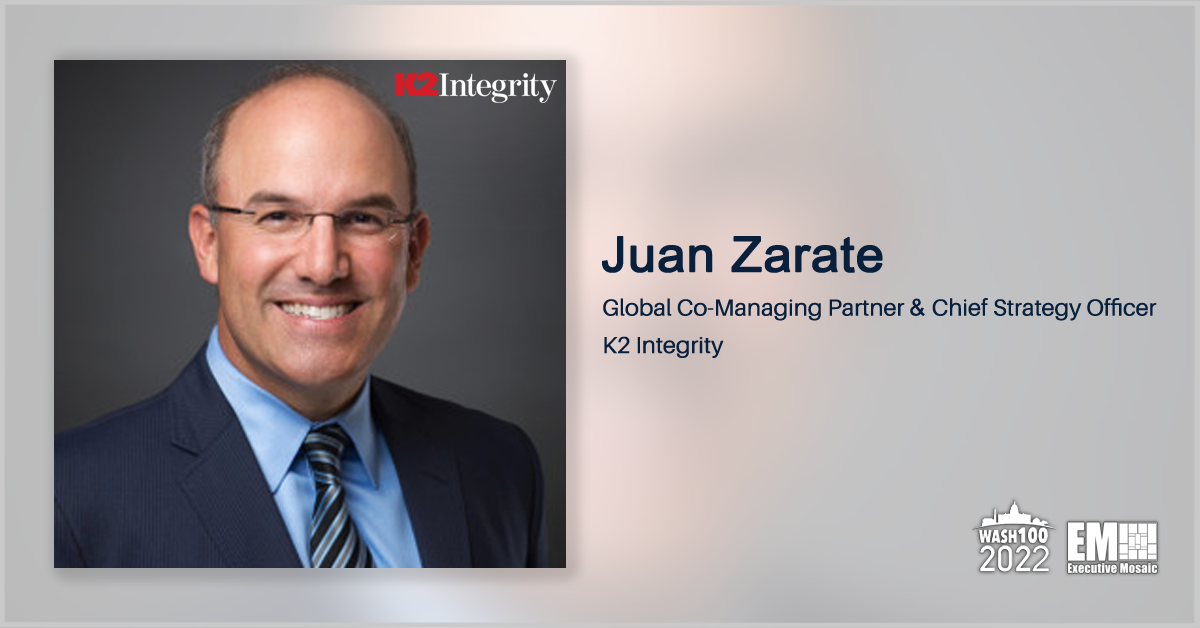The conversation surrounding cryptocurrency and other digital assets has gained new context in the U.S. federal government following the release of a highly-anticipated document from the Federal Reserve on digital currencies.
The Federal Reserve’s paper, Money and Payments: The U.S. Dollar in the Age of Digital Transformation, discusses the risks, opportunities and potential policy measures required for creating a central bank digital currency in the United States.
Though the study did not take a clear stance on CBDCs, its publication represents a monumental step in the federal government’s nascent involvement in the digital economy.
Recent legislation and spending policy measures regarding digital currencies in the U.S. precede the release of the Federal Reserve paper and have begun to lay the foundation for the country’s possible future digital asset use and regulation.
In 2021 alone, members of Congress proposed 35 bills related to cryptocurrency, blockchain technology and central bank digital currencies. The $1.2 trillion Infrastructure Investment and Jobs Act, signed into law in November 2021, now requires cryptocurrency transactions to be reported to the Internal Revenue Service via the 1099-B form.
Additionally, the 2022 National Defense Authorization Act signed Dec. 27, 2021, directs Department of Defense agencies to establish a digital health strategy regarding distributed ledgers – the technology on which cryptocurrency operates – and other technologies by April 2022.
State policymakers and representatives have also gotten involved in cryptocurrency to accelerate its adoption. Recently inaugurated New York City Mayor Eric Adams announced that he would invest his first paycheck as mayor into Ethereum and Bitcoin, two of the leading global cryptocurrencies, AP News reported Thursday.
However, the U.S. federal government’s inchoate acceptance and potential embrace of digital assets stands in stark contrast to how other countries around the world have handled the volatile and, at times, controversial digital economy.
An updated study published by the Library of Congress in November 2021 found that 51 countries have imposed absolute or implicit bans on cryptocurrency, and 103 countries have tax laws surrounding the use of cryptocurrency.
China, Egypt, Qatar and other countries have banned cryptocurrency entirely, and Russia is considering an absolute ban now, too, following the release of its new crypto report on Thursday.
The Bank of Russia proposed a ban on the use, mining, and exchange of cryptocurrency, citing crypto’s financial pyramid characteristics as a threat to its citizens’ national security and financial stability.
By contrast, El Salvador’s government adopted Bitcoin as legal tender in September 2021 and recently purchased $15 million worth of Bitcoin, adding 410 units of the currency to its central reserve.
Countries’ trepidation surrounding digital currencies is not unfounded, as the market’s volatility and lack of a central regulatory authority pose a significant risk to citizens, investors and governments.
A recent survey conducted by the North American Securities Administrators Association reported that investments in cryptocurrency and digital currency top the list of threats investors face in today’s financial landscape.

Join the Potomac Officers Club’s Digital Currency and National Security Forum on Jan. 27 to hear timely insights from top digital currency experts, federal government representatives and industry leaders as they discuss the implications of the rapidly-growing, global digital economy in national security as the U.S. government weighs the creation of a digital dollar.
The United States’ first National Cyber Director Chris Inglis will keynote the event, followed by an afternoon address by Marshall Billingslea, the former assistant secretary for terrorist financing.
MicroStrategy CEO Michael Saylor and Juan Zarate, global co-managing partner and chief strategy officer for K2 Integrity will also participate in a fireside chat during the event to discuss the future of digital currency and where the U.S. stands in relation to other global powers in the critical area.
Register now for the Digital Currency and National Security Forum on Jan. 27.





